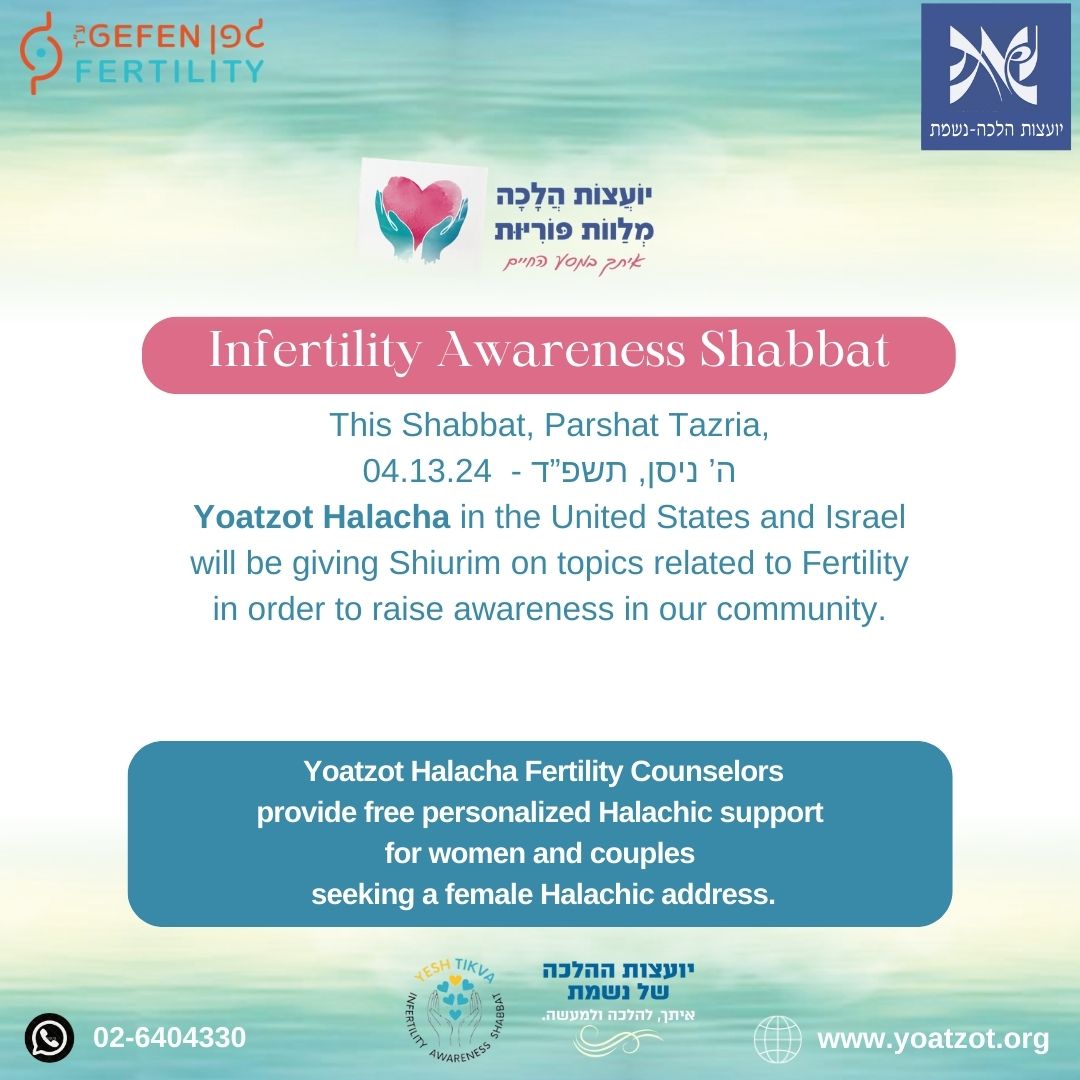I’m not in quarantine, but we’re supposed to be practicing social distancing because of the pandemic. I’m normally very careful to do all of the required bedikot, but I often have questions on my first few bedikot. I’m worried that if I keep performing all of my bedikot, I’ll end up with lots of questions. Is there any wiggle room for me to perform fewer bedikot until this pandemic be”H finishes?
If you are concerned that performing your full usual set of bedikot may lead to extra halachic questions, you may perform fewer bedikot at this time.
Even now you must, at absolute minimum, perform a hefsek taharah and one bedikah each on days one and seven. If any of these three examinations are omitted, the seven clean days are not valid, so it’s crucial to remember the bedikah on day seven.
If at all possible, you should also do a bedikah on at least one intermediate day. This helps ensure that you don’t inadvertently go more than five days without a bedikah, which would invalidate the entire count and require you to start over.
In the event that you do nonetheless have a questionable bedikah, we recommend that you call the halachic authority to whom you usually bring such questions to consult. (You could also contact a Yoetzet Halacha through Nishmat’s Golda Koschitzky Hotline, or a local Yoetzet Halacha.) Explain that it is difficult to bring in the cloth because of social distancing, and give as many details about it as possible.
Another possibility is to seek to have it evaluated by a rabbi online through Tahor App (available on iPhone and some models of Android phones), which uses special color calibration technology to ensure that the stain is photographed and transmitted accurately. While some borderline colors will require in-person evaluation, many questions can be accurately assessed through the app.
If you will need to drop the bedikah off for in-person evaluation, lay it flat to dry and then place it in a clear plastic bag. Wash your hands and place the bag in an envelope with a note with your phone number and other relevant information.
Be”H, the pandemic will pass and we’ll be able to return to our normal mikveh practices soon!
This internet service does not preclude, override or replace the psak of any rabbinical authority. It is the responsibility of the questioner to inform us of any previous consultation or ruling. As even slight variation in circumstances may have Halachic consequences, views expressed concerning one case may not be applied to other, seemingly similar cases. All health and health-related information contained within Nishmat's Women's Health & Halacha Web site is intended to be general in nature and should not be used as a substitute for consulting with your health care professional. The advice is intended to offer a basis for individuals to discuss their medical condition with their health care provider but not individual advice. Although every effort is made to ensure that the material within Nishmat's Women's Health & Halacha Web site is accurate and timely, it is provided for the convenience of the Web site user but should not be considered official. Advice for actual medical practice should be obtained from a licensed health care professional.
For further questions or comments: 
The Nishmat Women's Health and Halacha Site is a public service of Nishmat, The Jeanie Schottenstein Center for Advanced Torah Study for Women. This project and others like it are made possible by contributions from people like you. If you have benefited from the service, and wish to enable us to help others, click here to donate.
Users of Internet filtering services: This site discusses sensitive subjects that some services filter without visual indication. A page that appears 100% complete might actually be missing critical Jewish-law or medical information. To ensure that you view the pages accurately, ask the filtering service to whitelist all pages under yoatzot.org.






 Question:
Question:







